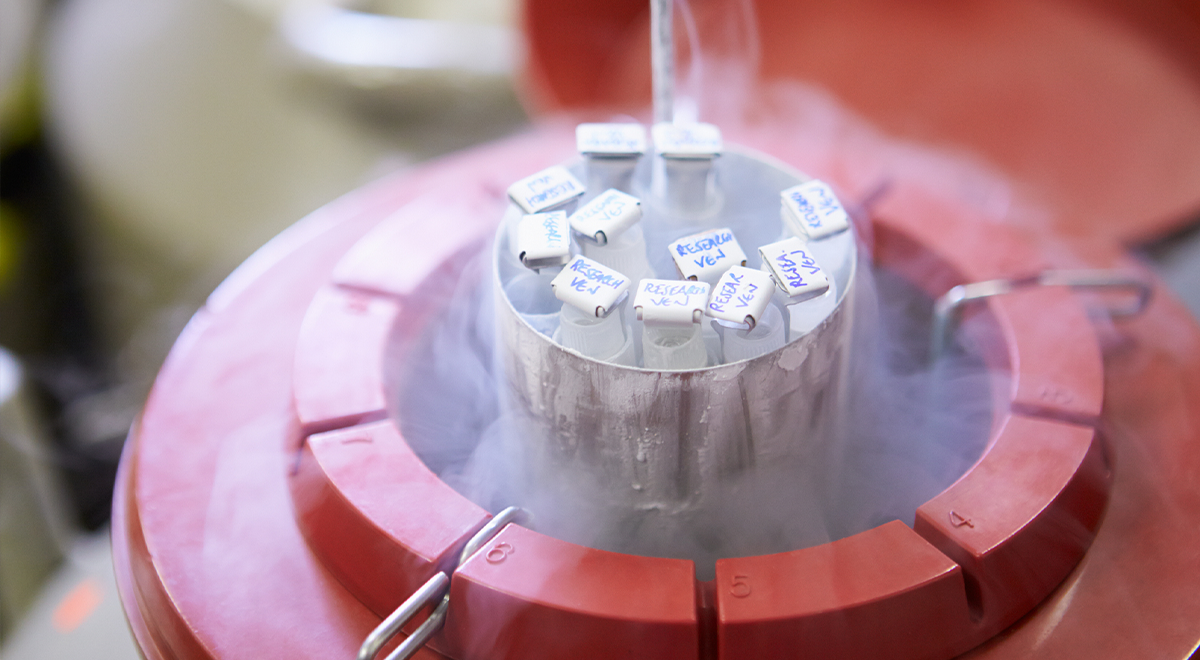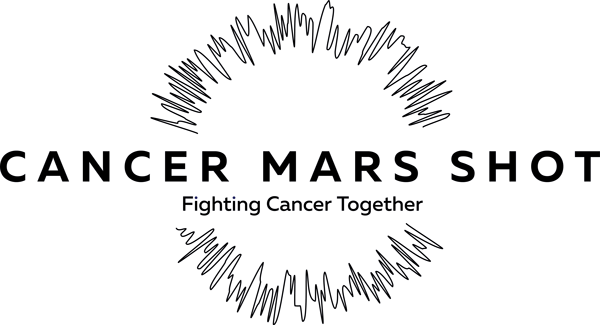A Trustworthy Biospecimen Provider – How to Choose One?

The growing diversity in biobanking solutions does not necessarily imply that the process is problem-free. On the contrary, human biological specimen (HBS) collection remains a complicated procedure during which it is crucial to be aware how to choose a trustworthy biospecimen provider.
The vast majority of innovative drugs and therapies depend on real-life evidence extracted patient-derived biosamples and their associated data 1. As a result, significant changes started reshaping the biobanking and biospecimen procurement field, making HBS-dependent studies no longer restricted to hospitals or biobank-associated institutes.
Today, the continuously growing private sector can provide the needed human biosamples to all public and private research groups. But the commodification of human biosamples opens many ethical and technical questions that require attention 2.
All these factors are making the correct choice of a biospecimen provider even more complicated. In this article, we take a look at the key points to consider when choosing the right HBS partner to secure your research project's success.
1. A trustworthy Provider works in accordance with the Belmont Report
Established in the 1970s, the Belmont Report frames the major ethical principles to be followed when conducting research involving human subjects.
The first of the three principles, Respect for persons, implies that all subjects entering a study must be treated with respect. They shall do this voluntarily after being provided with adequate information regarding the research process. In practice, this principle is secured through the Informed Consent Form (ICF) signed by the donor or next of kin.
Second comes the Beneficence principle, which ensures that no subject has been harmed while participating in a study or donating biological material. This principle implies that the collection of biospecimens must not cause any unnecessary harm to the donor nor compromise in any way their diagnosis or treatment.
Finally, the Justice principle is there to ensure that biomaterials and their accompanying data are used reasonably and in a non-exploitative manner. Making sure that your Provider collects tissue, biofluids, or medical data according to these principles is crucial before engaging in a contract.
2. Ensure that donor pseudonymization is respected
Due to the critical ethical issues they are confronting, human tissue procurement and use in research are complex and strictly regulated procedures. Keeping all subjects and participants anonymous and protecting their privacy is a globally-established regulation for all projects involving human subjects that must be followed rigorously.
A trustful HBS Provider must have the experience and capacity to provide correct and clear specimen labeling allowing for complete subject anonymization while at the same time ensuring a proper connection between the collected samples, their corresponding medical data, and chain of custody from isolation to the delivery of the biosample at its final location.
Assessing the expertise level regarding the upkeep of these points is crucial when choosing a biospecimen provider.
3. Evaluate the transparency in approvals and documentation
Another hint for evaluating your potential Provider's trustworthiness could be its transparency in providing all needed documentation (IRB approvals, ICFs, medical data from CRFs) as well as clarity in shipment information, invoicing, and purchase orders (POs).
It is essential to know that every company operating in the human tissue procurement field must be registered within the country's legal system and have permission to collect HBS. Each collection project should receive approval from the Institutional Review Board (IRB) and local ethics committees.
The IRB is an administrative group associated with institutions conducting research involving human subjects. The IRB is in charge of reviewing that all research projects comply with the Belmont Report and whether the subject's wellbeing, privacy, and rights are protected.
As regulatory requirements often vary depending on the geographical location, it is important that you discuss all possible variations in case your study involves multiple countries. Biospecimen provider's transparency regarding this topic and their experience with handling such regulations is something to be evaluated during your research of a trustworthy partner.

4. Consider the Provider's strategic partner network size and technical capacities
The Strategic Partner Network (SPN) corresponds to hospitals and medical institutions within which your Provider has the legal capability to operate. This is an important parameter to consider when it comes to the type of the collected material, the medical indication, and the size of the study.
Providers with a larger SPN are more flexible and have higher capacities to collect larger cohorts and particular, hard-to-find samples. A board-certified pathologist within their networks who will analyze and confirm the donor's condition is also an essential factor.
In case your study requires subsequent processing steps such as cell isolations and downstream analysis, it is always best to perform them as soon as possible after the biomaterial's collection. Having access to a processing laboratory and services within or in proximity to the collection site is a plus in such situations. It would be best to always verify whether your Provider has the technical capacity and trained personnel within their network to ensure these tasks are adequately executed.
5. Make sure the required pre-analytical, storage, and shipping conditions can be provided
A potentially deciding benefit of using patient-derived biospecimens for your study is the opportunity to overcome the errors often associated with the use of cell lines or animal models. However, it is vital to acknowledge the effects of environmental conditions on the signaling events and molecular profiles of extracted samples in between collection and analysis. This window of time, defined as the pre-analytical phase, plays a critical role in a biosample's life cycle.
Various studies established that differences in temperature, collection media, and time during the pre-analytical phase affect the biosample characteristics, ultimately generating biased results 3, 4. Today there is an important ongoing discussion in the biobanking field focusing on the importance of the strict establishment of post-collection conditions, especially in cases of multi-center studies 5.
It is essential to discuss and evaluate the capability of a potential provider to comply with such requirements and assess their experience in shipping biomaterials worldwide, in regards to both safety and adequate material preservation.
6. Straightforward communication is crucial for the advancement of your project
As mentioned previously, HBS collection is not an effortless process and could easily become quite hectic. Likely, you do not have all steps figured out at once, meaning that communication with your Provider will be ongoing throughout the project's development, and it will be crucial for its success.
Therefore, last on our list, but not least, it is important to observe the communication and accessibility from the very beginning of your interaction with a potential Provider. Observe how clear and transparent they are with assessing your project's feasibility and setting realistic timelines. Moreover, a good biospecimen procurement partner will guide you through and assist you in adjusting your collection's design to fit your research needs and meet all regulatory and standard of care practices and requirements.
Evaluating a Provider following the aforementioned criteria could reduce study costs, speed up your research timelines and ensure that only high-quality, well procured, and annotated biosamples enter the study pipelines, producing relevant and reproducible research.
If you are interested in learning more, get in touch with our team, and we will be happy to help you!
References:
- Zatloukal, K. & Hainaut, P. Human tissue biobanks as instruments for drug discovery and development: impact on personalized medicine. Biomark. Med. 4, 895–903 (2010).
- Kapp, M. B. Ethical and legal issues in research involving human subjects: do you want a piece of me? J. Clin. Pathol. 59, 335–339 (2006).
- Meddeb, R., Pisareva, E. & Thierry, A. R. Guidelines for the Preanalytical Conditions for Analyzing Circulating Cell-Free DNA. Clin. Chem. 65, 623–633 (2019).
- Gottfried-Blackmore, A. et al. Effects of processing conditions on stability of immune analytes in human blood. Sci. Rep. 10, 17328 (2020).
- Freedman, L. P., Cockburn, I. M. & Simcoe, T. S. The Economics of Reproducibility in Preclinical Research. PLOS Biol. 13, e1002165 (2015).

